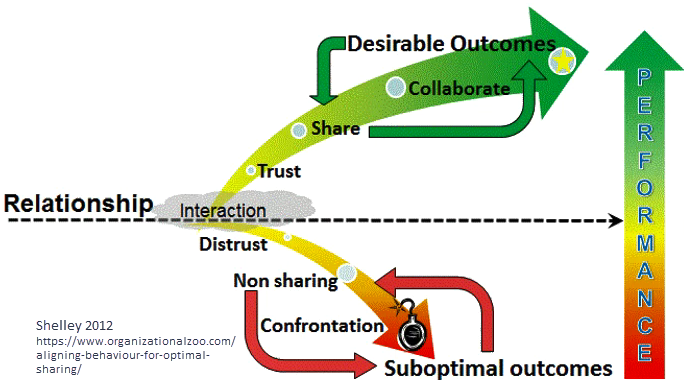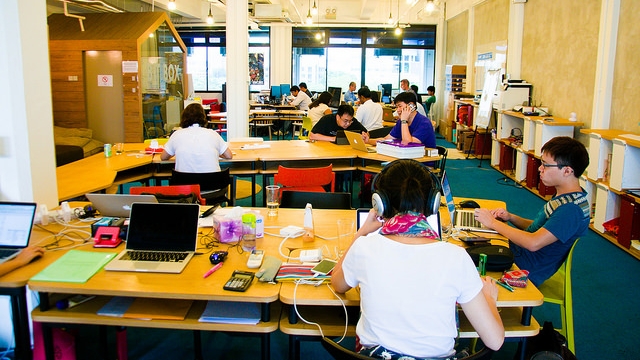
Principles for sustained collaboration
I was reflecting on an article titled “Cracking the Code of Sustained Collaboration” in the November issue of Harvard Business Review. The article listed 6 “tools” that I agree will support collaboration. However, I approach collaboration from a different direction. Collaboration is something that happens between PEOPLE. As such, the people and how they interact is the key to effective sustained collaboration more than tools. You cannot “make” or “train” people to collaborate, because collaboration is an outcome of a trusted ecosystem. Collaboration is optimised when leaders pay attention to the relationships in the environment. This is best achieved by BEING a role model for the behaviours they want others to emulate. Being clear around a set of Collaborative Principles also helps others to understand the fundamental aspects of which behaviours and actions stimulate collaborative outcomes.
So, to collaboratively add to the article, I took the six tools from the HBR article and modified them into a set of principles that will stimulate collaboration (when applied to the way the people in the ecosystem interact). These principles recognise that it is not possible to force people to do things you want on an ongoing basis. It is only possible to engage people to willingly share what they have to offer, through inclusive facilitation of their interactions.
A set of principles for sustained collaboration:
- Engage people in inclusive “Conversations That Matter” by balancing listening and constructive contributions (after reflecting on others’ perspectives)
- Be a role model, demonstrating empathy and optimism and support others to do so
- Provide a safe environment where a diversity of participants feel comfortable giving and receiving feedback
- Balance leadership, management and followership and align these to the conversations in context around the shared purpose
- Generate clarity by stating all ideas in the format of “Verb, Adjective, Noun, for the purpose of (tangible output) and (intangible) Outcomes”
- Facilitate interactions that build trusted relationships to cocreate synergistic emergence of new insights, ideas and new knowledge
I am sure you too could collaborate in this way, so we co-create some additional principles that would also help develop trusted environments and accelerate sustained collaboration. If only you had the time…
Article source: Originally published at Principles for Sustained Collaboration.
Header image source: © Arthur Shelley.


![Collaborating on Research by National Eye Institute [Flickr image]](https://realkm.com/wp-content/uploads/2018/07/9955278615_c5356cdffd_z.jpg)



